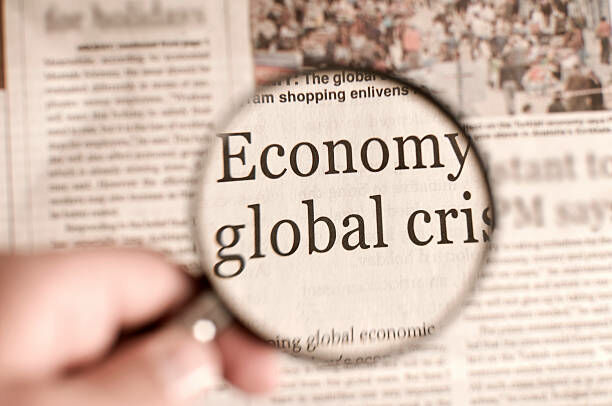Red sea conflicts could disrupt global trade, Thai economy at risk

The business world is on high alert as the ongoing conflicts in the Red Sea and the Israel-Hamas war pose potential risks to the global economy. The strategic planning unit of the Commerce Ministry is urging stakeholders to keep a close watch on the situation and its potential implications.
The conflicts could bring both direct and indirect negative impacts on the Thai economy, warns Poonpong Naiyanapakorn, the director-general of the Trade Policy and Strategy Office (TPSO). The Red Sea, a vital global trade route, has become a bottleneck since Yemen-based Houthi rebels started seizing cargo vessels associated with Israel on November 19 last year.
The rebels’ actions, a response to Israel’s actions in Gaza, have complicated the passage through the Bab-el-Mandeb Strait. Poonpong notes that continued attacks could disrupt various supply chains and the transportation of global crude oil. Connecting Asia to Europe, the Red Sea via the Suez Canal in Egypt accommodates 12% of the world’s maritime trade.
However, the attacks on cargo ships have led many global shipping companies to suspend their operations in the Red Sea, opting for alternative, longer routes. This shift has increased the cost of shipping goods, affecting routes through the Red Sea and the Suez Canal. Consequently, Thai goods destined for the Middle East, Europe, Northern Africa, and parts of the eastern US have seen a rise in their prices.
Data from the Thai National Shippers’ Council reveals a significant hike in freight rates from December 2023 on various routes, including Thailand-Jebel Ali (United Arab Emirates [UAE]), Thailand-Europe (main ports), Thailand-US west coast, and Thailand-US east coast. Notably, on the Thailand-Europe route, freight rates have spiked by 252% for 20-foot containers and 196% for 40-foot containers, reaching US$3,200 and $4,500, respectively. Consequently, exporters are now burdened with additional costs such as transport system interruption fees, port congestion fees, and emergency fees.
The TPSO study indicates that the Red Sea route is vital for shipments to Europe, accounting for over 8% of total Thai exports. Key export products like computers, automobiles, rubber products, and processed chicken may face transport challenges due to shipping disruptions. Similarly, the route is critical for shipping to Jordan and Israel, making up about 10% of Thailand’s trade with the Middle East. However, as 90% of Thai exports are transported via UAE ports, the overall impact on Middle Eastern exports may not be significant, says the office.
Escalating conflicts
Poonpong also raises concerns about the escalating conflicts in the Middle East, warning that they could potentially spread to other areas and involve more nations. Amid intermittent clashes between Israel and various armed groups in Lebanon and Syria, fears are growing that the conflict may regionalise, leading to the closure of the strategic Strait of Hormuz, a key oil transport route responsible for 21% of daily oil shipments globally, reported Bangkok Post.
Such a situation will significantly impact Thailand, which heavily relies on imported crude oil from the Middle East. In 2023, half of Thailand’s energy imports, including crude oil, natural gas and refined oil, came from Middle Eastern countries, primarily the UAE, Saudi Arabia, and Qatar.
A closure of the Strait of Hormuz could temporarily block Thailand’s oil imports, resulting in crude oil shortages and a surge in oil prices, which would in turn affect industrial production and transportation sectors. This adverse effect could potentially trigger inflation and cost of living challenges, warns Poonpong.
Furthermore, the Strait of Hormuz plays a significant role in Thailand’s exports to the Middle East. Most Thai goods are shipped through the strait to reach the port of Jebel Ali in the UAE.
In related news, rising tensions in the Red Sea may escalate freight rates, impacting global supply chains and potentially leading to higher inflation. Uncover more details about rising tension impacting freight rates.
Latest Thailand News
Follow The Thaiger on Google News:


























